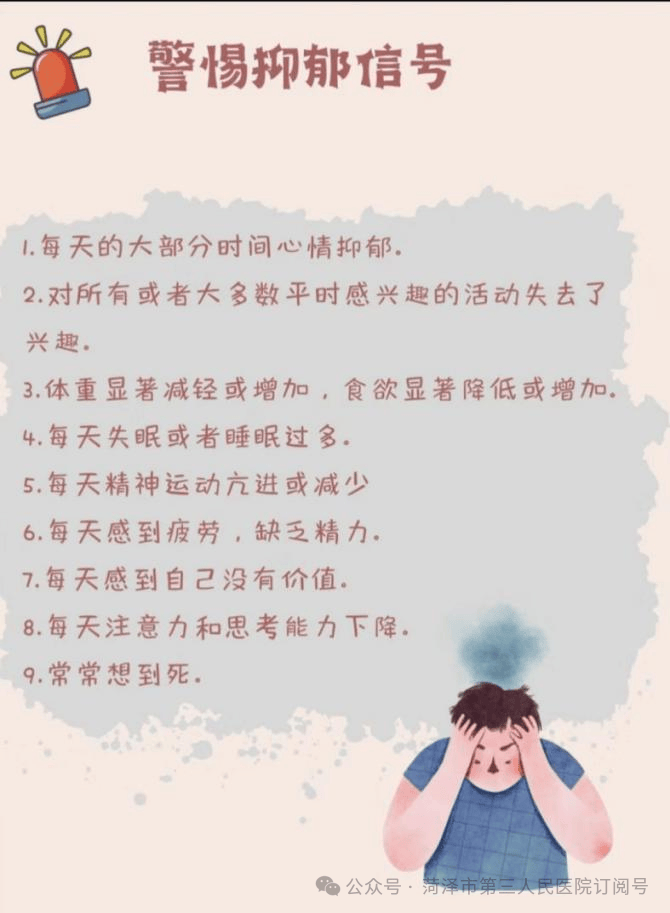Since the establishment of the children and adolescents’ mental health clinic at Heze Third Hospital, we have treated a large number of children and adolescents with depression. When we sigh at how so many children suffer from depression, Peking University Sixth Hospital has revealed that this year there has been an explosive outbreak of depression disorders among children and adolescents. It turns out that this is not just a problem we are facing, but a common social issue.
Many parents attribute their children’s academic decline, bad temper, or aversion to school to children being disobedient, not studying well, or going through adolescence. Therefore, they may discipline these children in ways they believe are correct, such as scolding, hitting, or threatening. However, these methods often do not help, and may even worsen the children’s situation. Faced with this phenomenon, we cannot help but ask, why should such young lives also suffer from the torment of depression? This is a problem that requires profound understanding and attention. Depression is not just a temporary emotional low but a pathological mental health disorder that directly affects children’s academics, family relationships, and overall life. The severity of this issue deserves our collective attention and action.
What kind of “language” should parents learn to establish effective communication with their children?
Many times, upon learning that someone around them has depression, they often say, “just persuade them more.” In fact, depression is an illness that needs treatment, not just comforting. People with depression often feel dissatisfied with themselves, think they cannot do anything well, constantly criticize themselves, and believe that no one will like them. What they need most is recognition from others and unconditional acceptance of themselves, while “slogan-style” encouragement will only exacerbate their feelings of inadequacy and self-blame. If a child suffers from depression, parents must have a basic understanding of it.
No! Do not say to children, “you are just too fragile, you have poor resilience, you need to be stronger!” Nor should you offer hollow comfort like, “you can do it, believe in yourself,” “you will definitely get better.”
No! Avoid communicating with children in a admonishing manner, such as “I have more experience than you,” “I have been through many hardships in my life, why can’t you handle some issues,” “stop using illness as an excuse,” and so on. These words will only deepen the child’s emotional distress, leading them into a dilemma of depression from which they cannot escape.
Yes! Instead, tell children that at any time, no matter how great the difficulty, they are not alone, everyone likes and supports them. Let children feel they are unconditionally loved, as this is the most effective way to give them a sense of security.
Depression is not just an emotional problem but a pathological mental health disorder that requires professional treatment and support. Parents’ understanding and care are crucial to a child’s recovery. When children truly feel understood by their parents, it becomes easier for them to emerge from depression and regain their own strength.
Caring for children’s mental health, Heze Third Hospital is with you. We have professional diagnostic and therapeutic techniques, as well as professional psychological therapists. We believe that through our collective efforts, we can create a more understanding and supportive society for children. Let’s join hands and bring sunshine and hope to every young life. Thank you for your attention and dedication. Let’s strive together for healthier families and happier children.
Written by: Shi Changting
Editor: Wang Xia


